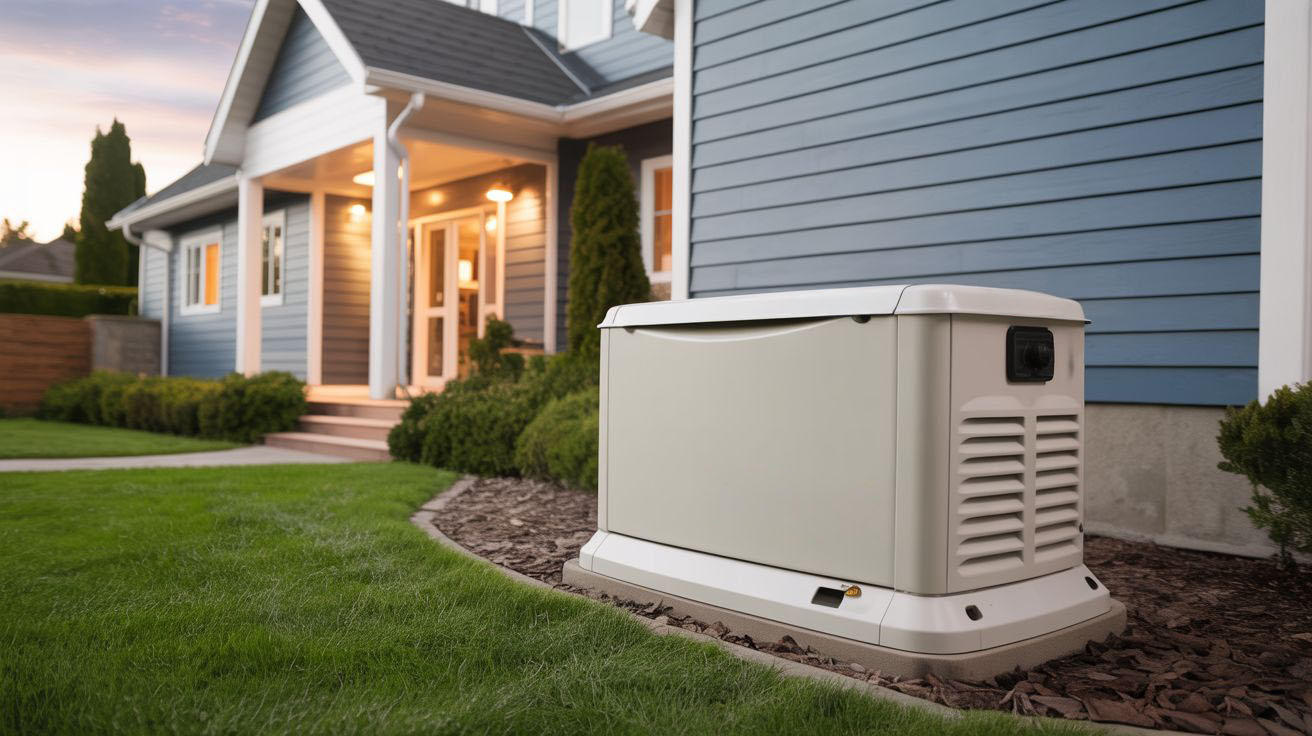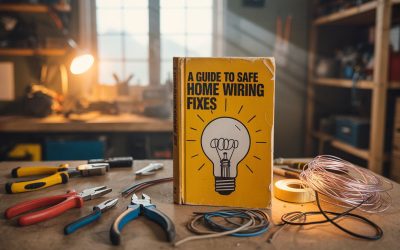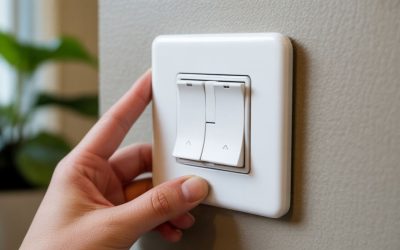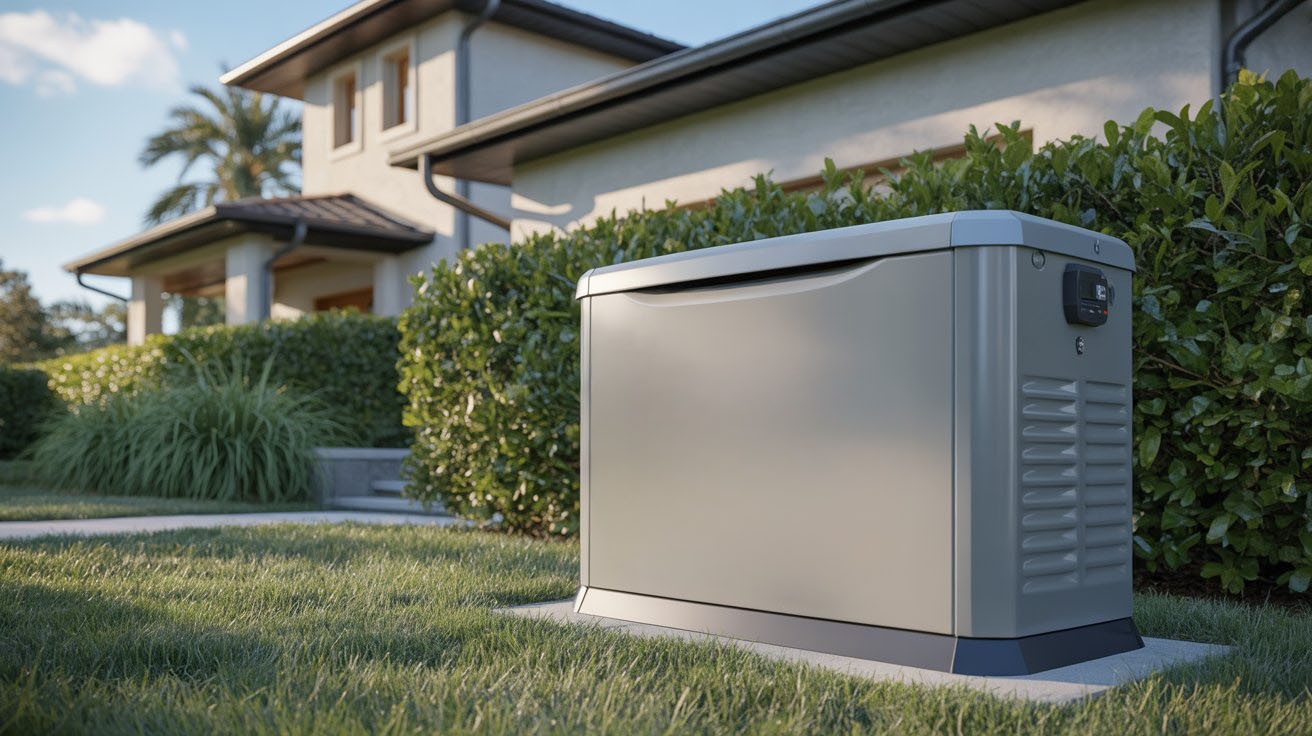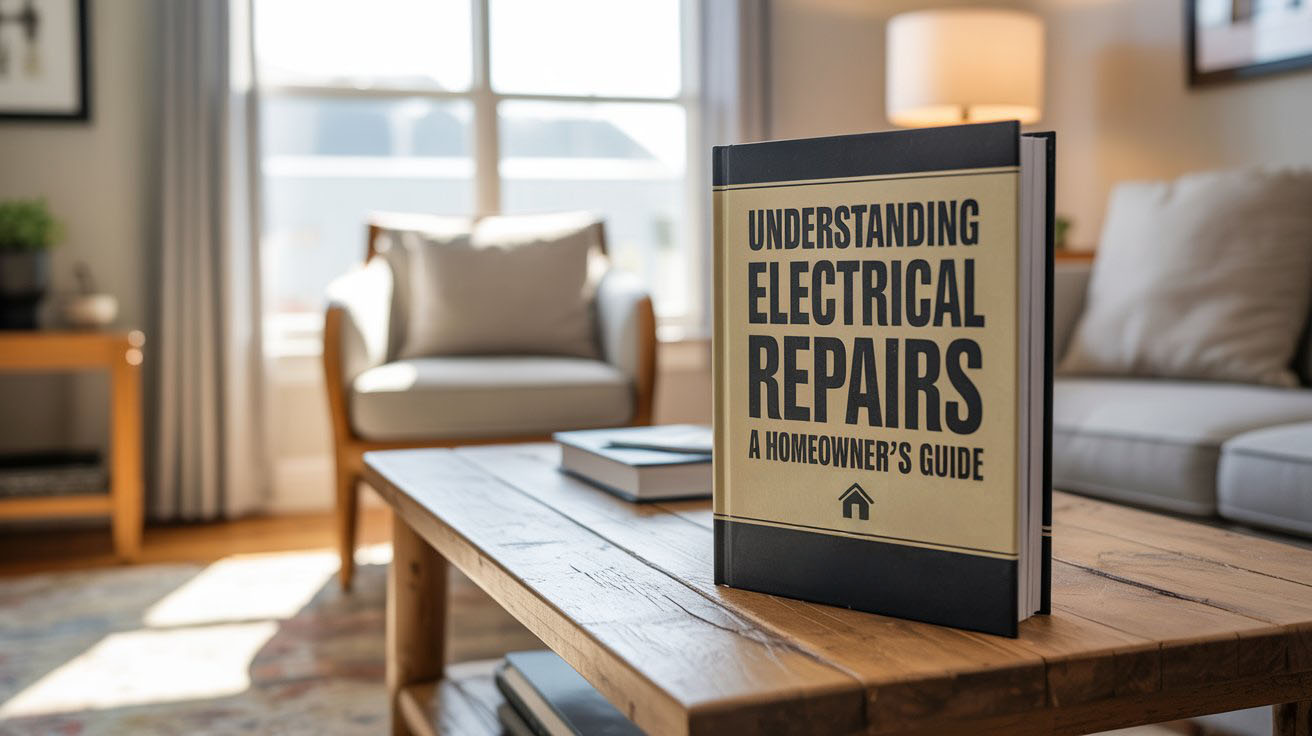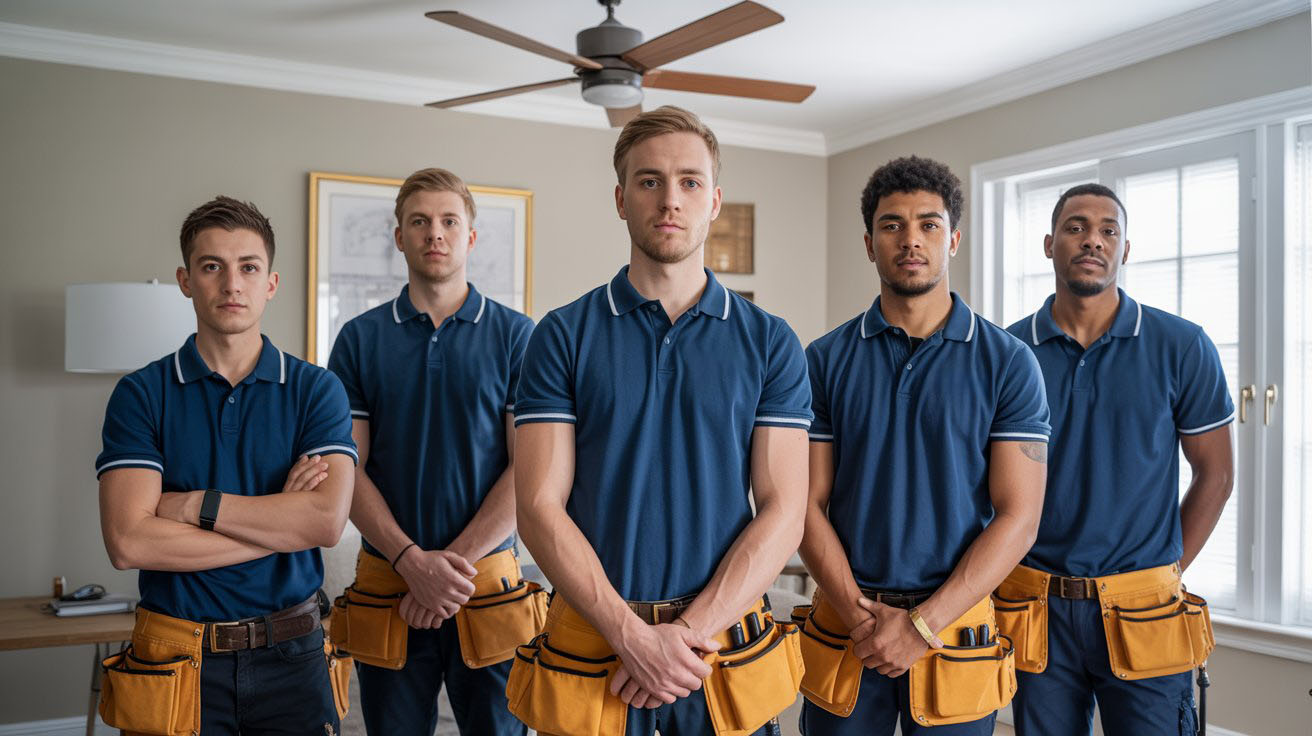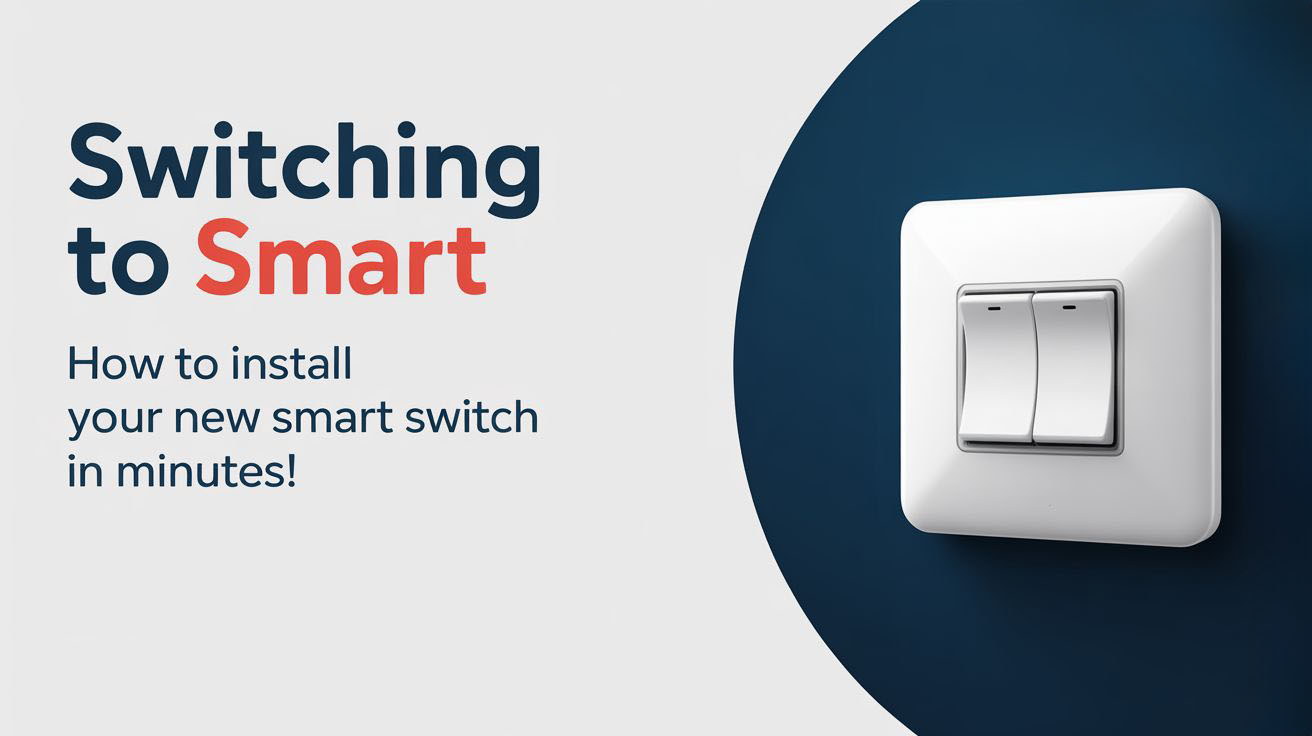A power outage can be more than just a minor inconvenience; it can disrupt your daily life and even pose safety risks. Choosing the right standby generator installer is crucial for ensuring your home remains powered during outages. This guide will help you navigate the essential aspects of selecting a dependable service provider.
Table of Contents
- Why Standby Generators Are Important
- Qualifications and Credentials to Look For
- Experience and Customer Reviews
- Checking Licenses and Insurance
- Understanding Cost and Installation Timeline
- Key Takeaways
- Frequently Asked Questions
- Ready to Get Help?
Why Standby Generators Are Important
Standby generators automatically provide power during an outage, quickly switching on to keep your home running smoothly. They are especially vital for homes in areas prone to extreme weather or outages. Having a standby generator not only ensures comfort but also protects key appliances, keeping your home and family safe.
Safety is another critical aspect. In severe weather, a power outage can lead to dangerous situations, such as heating failures or sump pump failures in basements. A standby generator acts as a preventative measure to mitigate these risks.
Qualifications and Credentials to Look For
When choosing a generator installer, it’s essential to verify their qualifications and credentials. Here are some critical points to consider:
- Licensing: Ensure the installer holds the appropriate licenses for electrical work in your state.
- Certification: Look for installers certified by manufacturers of standby generators.
- Training: Verify that the installer has undergone relevant training programs.
Inquiring about these qualifications can give you confidence that the installer is familiar with the safety standards and code requirements.
Experience and Customer Reviews
Experience matters when it comes to installations. An installer with a good track record will be able to handle any potential issues that may arise during the installation process. Here are some steps to assess this:
- Years of Service: Look for installers who have been in business for multiple years.
- Customer Feedback: Check online reviews on reputable websites, such as Google, Yelp, or the Better Business Bureau.
- Word of Mouth: Ask friends and family for recommendations based on their experiences.
Positive reviews offer valuable insights into the reliability and quality of the installer’s work.
Checking Licenses and Insurance
Before proceeding, always confirm that the installer has both the required licenses and insurance.
- Licenses: These demonstrate that the installer has met local and state training requirements.
- Insurance: To protect yourself from potential liabilities, ensure the installer has liability insurance and workers’ compensation coverage. This step is crucial, as it shields you from financial responsibility in case of accidents or damage.
You can usually request copies of these documents for your records.
Understanding Cost and Installation Timeline
Knowing what to expect in terms of cost and time can help you plan better.
- Estimates: Request detailed forecasts from multiple installers. These should break down costs for labor, materials, and any additional expenses.
- Timeline: Ask how long the installation will take. An experienced installer should give you a clear and realistic timeline.
Keep in mind that while you want the best price, opting for the lowest bid may not always yield the best long-term results. Quality work often reflects the cost.
Key Takeaways
– Choose installers with proper qualifications and certifications.
– Experience and customer reviews provide valuable insights into an installer’s reliability.
– Verify licenses and insurance to protect yourself from liabilities.
– Get estimates and clearly defined timelines before deciding.
Frequently Asked Questions
What size generator do I need for my home?
The size of the generator you need depends on the total wattage of the appliances you wish to power during an outage.
How long does the installation process take?
Typically, it takes a few hours to a couple of days, depending on the complexity of the installation.
Will a standby generator run on propane or natural gas?
Most standby generators can run on either type of gas, but check with the installer for specific model recommendations.
Do I need a permit to install a generator?
Most areas require permits for electrical work, including generator installations, so it’s best to confirm with your installer.
Are standby generators noisy?
Many standby generators are designed to operate quietly. However, you can ask your installer about noise levels for specific models.
Ready to Get Help?
Taking the step to install a standby generator significantly boosts your home’s safety and comfort. Make the right choice by selecting a qualified installer who understands your needs. For expert help, be sure to contact us today!

